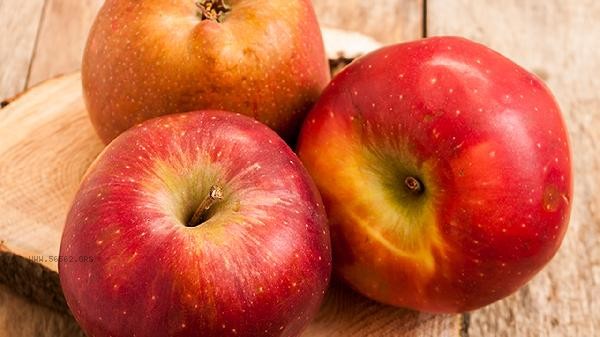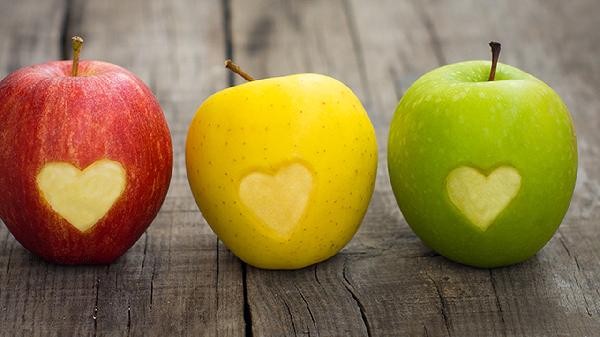After boiling apples, they can generally be eaten if they change color, which is a natural phenomenon caused by the oxidation of polyphenols in apples. The discoloration of boiled apples is mainly related to factors such as oxidation reaction, heating temperature, acidity and alkalinity, metal ion contact, and variety differences. During the heating process of apples, polyphenol oxidase in the flesh reacts with oxygen, resulting in a darker color. This phenomenon is similar to the browning of a sliced apple after placement, which is a normal biochemical reaction. Colored apples do not produce harmful substances, and their nutrients such as dietary fiber and potassium can still be absorbed and utilized by the human body, although some thermosensitive vitamins may be lost. In rare cases, if an apple has an abnormal odor, stickiness, or mold after cooking, it may have spoiled. This type of deterioration is usually accompanied by microbial contamination, which is fundamentally different from pure oxidation discoloration. This situation may occur when apples are stored for too long or when the cooking container is not clean, and it is not recommended to consume them at this time. When cooking apples for daily consumption, stainless steel pots can be used to reduce metal catalytic oxidation, and a small amount of lemon juice can be added to delay discoloration. Apples should be consumed as soon as possible after cooking to avoid prolonged storage. People with weak gastrointestinal function can choose to peel and cook, which is easier to digest and absorb. If you notice an unpleasant odor or texture change after cooking apples, you should immediately stop eating them. Reasonably handling discolored boiled apples can ensure food safety and fully utilize their nutritional value.












Comments (0)
Leave a Comment
No comments yet
Be the first to share your thoughts!